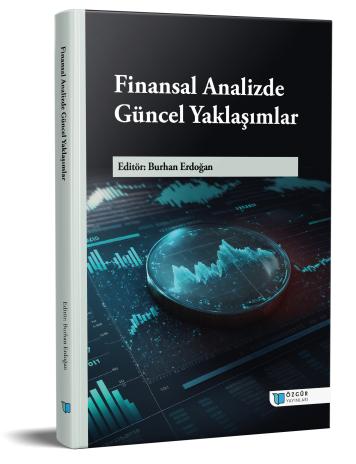
Comparative Analysis of Banking Sector Performance in Next-11 Countries: An Entropy-Based EDAS Approach
Şu kitabın bölümü:
Erdoğan,
B.
(ed.)
2025.
Finansal Analizde Güncel Yaklaşımlar.
Özet
The concept of the Next-11, introduced to the literature by Goldman Sachs economist Jim O’Neil in 2005, refers to a group of emerging economies that includes Bangladesh, Egypt, Indonesia, Iran, South Korea, Mexico, Nigeria, Pakistan, the Philippines, Türkiye, and Vietnam. Characterized by their substantial growth potential, these countries are expected to play increasingly significant roles in shaping the future global economy. Given the central role of the banking sector in mobilizing savings, allocating capital efficiently, and supporting sustainable growth, examining its performance within this country group is of particular importance. Accordingly, this study evaluates the financial performance of the banking sector in the Next-11 economies over the period 2013–2020. In the first stage of the analysis, nine criteria were identified to measure the sector’s financial performance. In the second stage, the relative importance of these criteria was determined using the Entropy Method. In the third stage, the Evaluation based on Distance from Average Solution (EDAS) Method was employed to assess financial performance across the sample period and to establish the performance rankings of the countries. The Entropy analysis revealed that the most influential criterion throughout the period was the ratio of non-performing loans. The EDAS results, on the other hand, indicated that the country with the strongest performance varied by year. Nevertheless, when average rankings across the entire period are considered, South Korea, the Philippines, and Mexico emerge as the three most successful countries. Türkiye consistently ranked fifth in most years, except for 2019 when it fell to sixth place. Conversely, Pakistan and Bangladesh recorded the lowest levels of banking sector performance during the study period.

